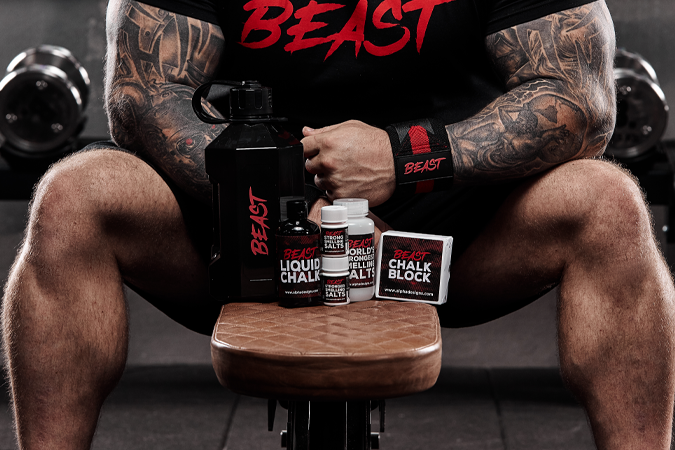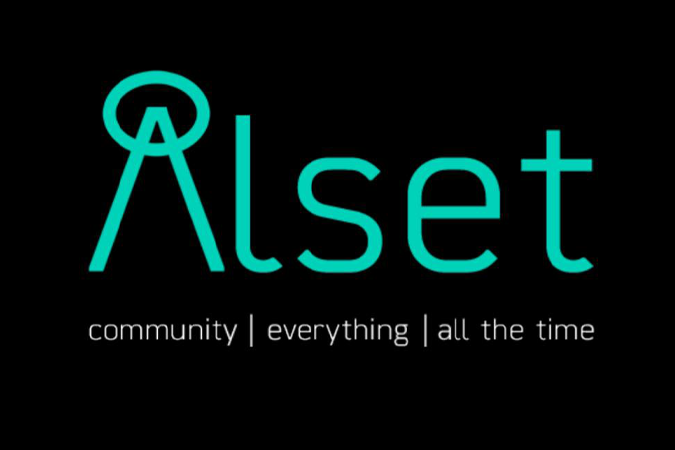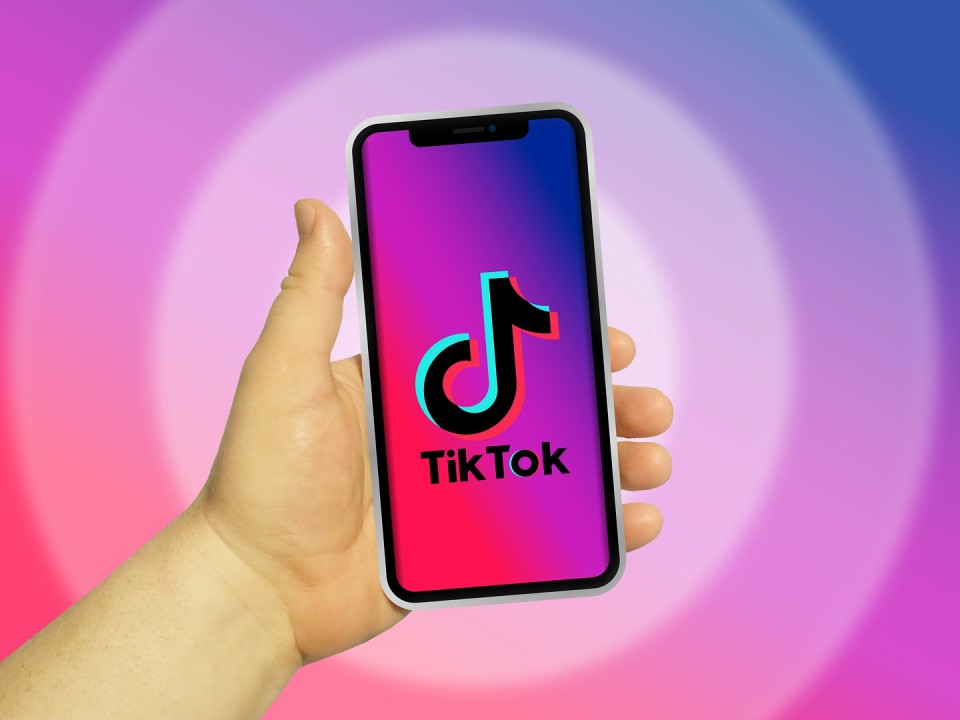An SEO expert Birmingham businesses trust
SEO, or search engine optimization, is mostly associated with keywords and ranking for those terms. It’s true that targeting appropriate keywords is a part of your SEO strategy, but it’s far from the whole story. In fact, SEO is a composite effort, and keywords are small – yet crucial – part of that effort. The first hurdle is finding a reputable SEO expert you can trust; the second is making sure that the consultant understands your business needs. One of Seek Social’s cornerstone services is SEO. For us, SEO is not a side offering – it’s something we have studied in depth for many years, and which we have practised for many years, achieving impressive results for our clients along the way. With this in mind, we wanted to share our wisdom on effective SEO practices, and prevent your business from falling into the common traps that lead to bounce rates and useless rankings.
What does SEO involve?
SEO is the art of achieving a high ranking in organic search results – that means in results minus paid ads, which will of course appear at the top. You need to appear on Page 1 of Google results for a given search term, as people rarely scroll beyond this. That said, producing keyword-rich content is only part of the story. Optimising content involves meeting all of the Google algorithm’s criteria, which are:
Website speed and functioning. Google only rewards sites which load quickly and are well-maintained.
Good linking structure. How the pages of your site interlink must be done in a user-friendly way.
Quality backlinks. Web pages must have backlinks going to reputable places on the internet, e.g. major news outlets or relevant blogs.
Good web design. Google wants to deliver results that its users want to see – and this means easy-to-use websites. Websites offering good user experience gain more repeat visits and more web traffic, which Google rewards by placing them higher in its results.
Keyword usage. Providing relevant content, based around appropriate keywords, ensures your website (provided it’s well functioning!) appears in Google results, and finds itself before your target audience.
Effective SEO leads to increased web traffic and, ultimately, higher conversion rates. Ensure your website is discovered by your target audience, and give them reason to stay on your site and convert.
Why do I need an SEO consultant?
You might wonder why you need a specialist SEO agency, if you can just use an online tool like Moz or Semrush. While these tools are useful, they aren’t a substitute for a human with in-depth SEO knowledge, and experience in implementing strategies for diverse clients. Tools like Semrush provide useful insight; they offer a rough guideline as to the direction you should take with keywords etc. What Semrush can’t do is to choose keywords strategically, in line with your unique business needs, within the context of your overall marketing strategy – because only a human SEO specialist can do that. If you do use Moz, take your ideas to your chosen SEO consultant. Don’t be surprised if the keywords you have chosen from Moz/Semrush etc aren’t the best for your needs; there are a variety of reasons why a given keyword which looks great (low competition, high search volume) might not be so great for your business. An SEO consultant will be able to advise on this when they look at your business and the likely sources of your online traffic (or the traffic you hope to gain). In short, use keyword tools with caution – they are ok as a rough-and-ready guide, but they aren’t a substitute for personalised, expert advice.
SEO as part of your marketing campaign
SEO isn’t done in a vacuum; it has to be viewed in the broader context of your overall marketing campaign. If your brand is aimed at new moms, for example, going after a range of keywords which are only tangentially relevant won’t be in keeping with your brand message and image – which is important. Once search engine users find your site, they need to engage with what they see, convert and come back. So bear this in mind when trying to attract new clients and maintain current ones. Good SEO consultants will go after keywords which:
1. Are terms your client base are genuinely searching for.
2. Are terms you can realistically rank for (i.e. are not so difficult that it’s practically impossible to rank)
3. Are terms which are genuinely related to a given web page
4. Are terms which target lead sources (i.e. the clients who buy your product/convert in some way)
5. May bring your website before a new audience, where relevant
SEO experts see opportunities to gain exposure for your website and improve your online visibility. This could involve choosing additional keywords to target, which you hadn’t initially thought relevant. Ultimately, it depends on your business’ position in the market, and what we know your lead sources are typing into Google. SEO is a marathon rather than a sprint: seeing growth in ROI and other performance metrics (e.g. website hits) can take months and possibly several years. In the long term, however, the results pay off. Instant SEO success is usually a false-positive; many businesses get themselves to rank for hundreds of keywords with no traffic, or worse, an unscrupulous agency does this for them, for a hefty fee! Don’t be taken in by promises of Page 1 rankings for hundreds of keywords, within a short space of time. Ask to see data around those keywords; what is their traffic vs competition status? More importantly, why is it sensible that your business targets that phrase? Do you have a realistic chance of ranking for it? If the agency doesn’t provide substantive answers to those questions, then you should be seriously questioning their credentials.
Content or backlinks: which is more important?
Many clients ask why they need both backlinks and keywords. Why not just make maximal use of all the quality backlinks you can, and secure a high ranking for your website in the process? While this is technically possible, you need to think about what happens when users visit your site. Your audience wants to see relevant content when they click on a link: they want to see their question answered, or their topic of interest being discussed. If you don’t provide that in your content, users will leave – and Google quickly penalises irrelevant content. Sites with high bounce rates are likely to be moved down in Google’s search results – so ensure your SEO effort is a holistic one, in line with the Google algorithm’s criteria.
Harping back to the title question now, which is more important: keyword-rich content, or backlinks? While the cop-out response is to say both (and that is true), if the Seek team are forced to take a side, we have to say content. And here’s why. Content is created for your users: it’s there for them to engage with and to encourage them to convert. Plus, without content, there’s no reason for other websites to link back to you! Further, it is the content which defines what a page is about. Backlinks do provide a signal about page topic if they are rich in keywords, but content does so more clearly, using header tags, a title, internal links and schema. Finally, content helps with your website structure – which is something else the Google algorithm takes into account.
That said, using a mix of quality is key, and shouldn’t be overlooked – Seek are just making a choice here as it’s a commonly asked question!
Finding a skilled consultant
If you’re looking for a reputable SEO consultant in Birmingham, Seek Social offers specialist SEO services. We are one of the leading SEO services in the UK, and have practised SEO for over 10 years. Our team operates on a non-pushy basis: we prefer to find out whether we’re a good fit for your business or your project. We think we will be, as we have experience working with a wide array of clients – but we’ll let you decide. Get in touch with our SEO team here, and we look forward to hearing about your goals!









